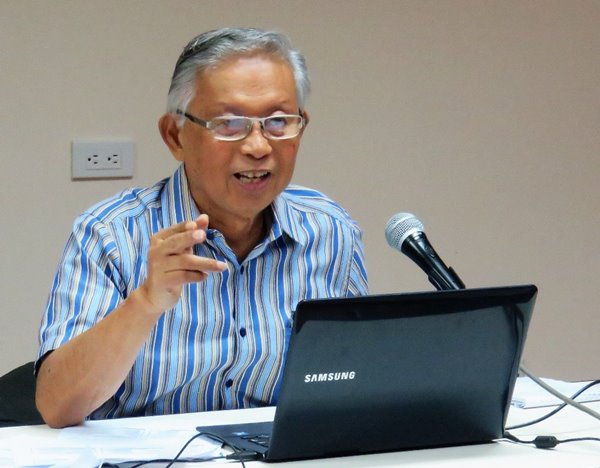The study conducted a comparative analysis between Vietnam and the Philippines on the following aspects: institutional setting, processes, and stakeholders in climate change policy implementation; Intended Nationally Determined Contributions (INDC); translating national climate change policies into local action; and bottlenecks and recommendations for effective climate change policy implementation.
Despite some differences between the two countries, climate change policies in the Philippines and Vietnam can generally be characterized to have a robust and diverse policy framework, strong institutional mandates, but lack clear policy guidelines for climate change actions and policy incentives to stimulate or motivate the active participation and involvement of stakeholders.
In terms of climate change institutional setting, the two countries have highly differentiated climate change institutions. Both are structurally and functionally strong in some areas, while some weakness can be observed in human capacity and financial capability.
The study found that policy implementation processes in Vietnam and the Philippines still require development and implementation of climate-smarter modalities and strategies to pave the way for policy mainstreaming, program planning and execution, monitoring and evaluation, and institution building.
 The Project Team recommended the following policy intervention actions: formulation of policy guidelines for climate-smarter actions, incentives for private sector participation, and revision of concerned policies to eliminate apparent overlap and inconsistency between agriculture policies and climate change policies. Structural intervention actions were also recommended as follows: organizational re-engineering towards more participatory climate change program decision making. In terms of capacity building actions, these should focus on improving the technical, interpersonal, social, and managerial competencies of climate change personnel at the national and local levels, and enhancing the absorptive capacity of frontline extension agents, farmers and other climate change program beneficiaries. Research and development interventions were also among the recommendations – highlighting the importance of R&D support to provide scientific basis for policy formulation and revision, organizational restructuring, and capacity building and scientific tools and methods for assessments and developing a data base for innovating and transforming climate change program modalities and extension strategies.
The Project Team recommended the following policy intervention actions: formulation of policy guidelines for climate-smarter actions, incentives for private sector participation, and revision of concerned policies to eliminate apparent overlap and inconsistency between agriculture policies and climate change policies. Structural intervention actions were also recommended as follows: organizational re-engineering towards more participatory climate change program decision making. In terms of capacity building actions, these should focus on improving the technical, interpersonal, social, and managerial competencies of climate change personnel at the national and local levels, and enhancing the absorptive capacity of frontline extension agents, farmers and other climate change program beneficiaries. Research and development interventions were also among the recommendations – highlighting the importance of R&D support to provide scientific basis for policy formulation and revision, organizational restructuring, and capacity building and scientific tools and methods for assessments and developing a data base for innovating and transforming climate change program modalities and extension strategies.
Dr. Rebugio, together with Associate Researcher, Dr. Susan Sandra L. Ilao, presented the results of the study to Dr. Reiner Wassmann and Dr. Ole Sander, IRRI representatives and Dr. Bessie M. Burgos, Ms. Carmen Nyhria G. Rogel, and Ms. Maria Katrina R. Punto of SEARCA's Research and Development Department. (Maria Katrina R. Punto)














